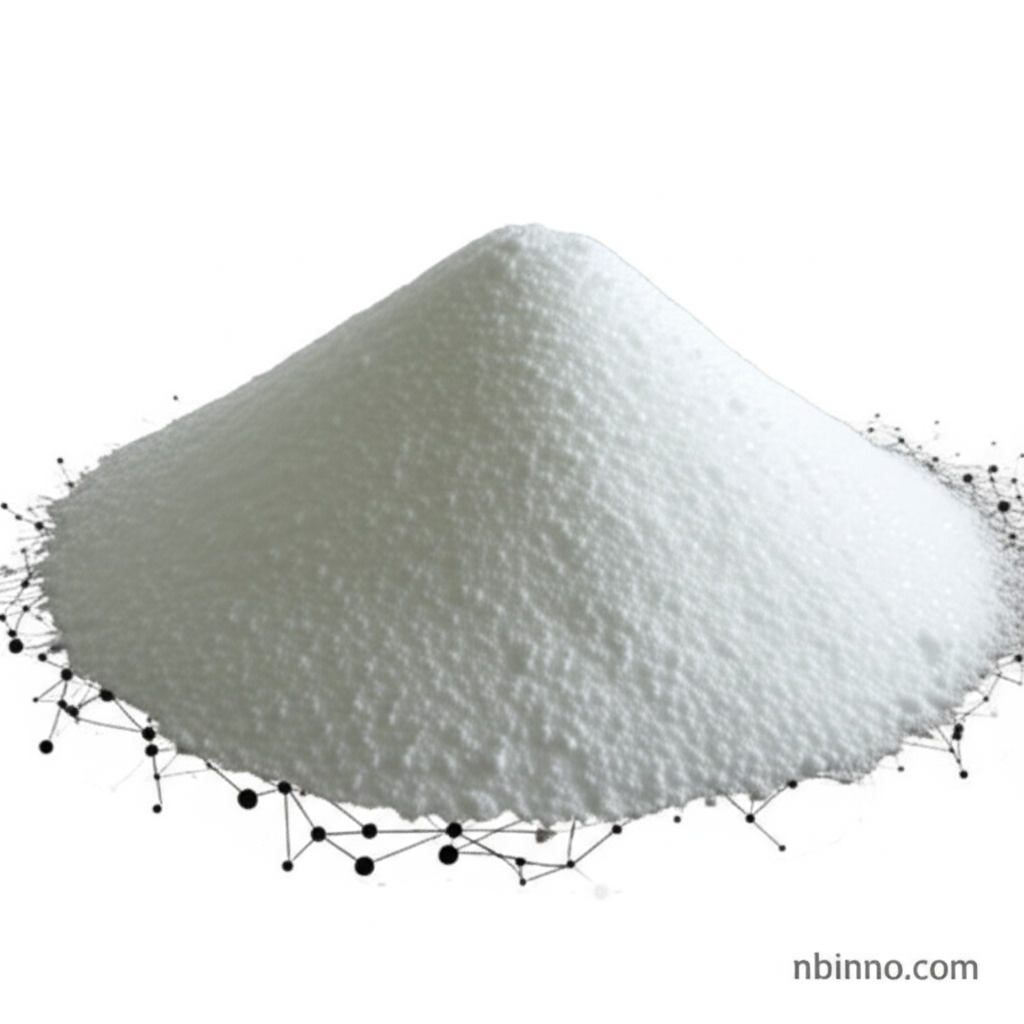Di-n-butyl Peroxydicarbonate: A Key Polymerization Initiator
Explore the essential properties, applications, and safety protocols for this vital chemical in polymer manufacturing.
Get a Quote & SampleProduct Core Value

Di-n-butyl peroxydicarbonate
Di-n-butyl peroxydicarbonate (CAS 16215-49-9) is a crucial organic peroxide widely utilized as a polymerization initiator. Its ability to decompose at controlled temperatures provides the necessary free radicals to initiate and propagate polymer chain growth in the production of various plastics. Understanding its properties and safe handling is paramount for efficient and secure industrial processes.
- Learn about the key applications of di-n-butyl peroxydicarbonate initiator in polymer manufacturing, including its role in PVC production.
- Discover the critical safety protocols and storage requirements for dibutyl peroxydicarbonate polymerization to prevent hazardous decomposition.
- Understand the significance of the CAS 16215-49-9 active oxygen content in determining its efficacy as a radical source.
- Explore the polymerization initiator safety considerations and best practices when working with this compound.
Advantages in Polymerization
Efficient Radical Generation
As a potent polymerization initiator, it effectively generates free radicals, ensuring consistent and controlled polymer chain growth for materials like PVC and LDPE.
Versatile Application Range
Its utility extends across a broad spectrum of polymers, making it indispensable for PVC, LDPE, ABS, PS, PMMA polymerization processes.
Controlled Decomposition
The predictable thermal decomposition of dibutyl peroxydicarbonate allows for precise control over polymerization kinetics and product properties, crucial for high-quality output.
Key Applications
PVC Production
Crucial for initiating the polymerization of vinyl chloride monomer, enabling the synthesis of Polyvinyl Chloride (PVC), a widely used plastic. This aligns with understanding PVC manufacturing additives.
LDPE Synthesis
Facilitates the polymerization of ethylene to produce Low-Density Polyethylene (LDPE), an essential material for films and packaging. This highlights its role in LDPE production chemicals.
ABS and PS Polymerization
Serves as an initiator for Acrylonitrile Butadiene Styrene (ABS) and Polystyrene (PS), contributing to the production of durable and versatile plastics. Essential knowledge for ABS polymerization and PS polymerization.
PMMA Manufacturing
Key in the polymerization process for Polymethyl Methacrylate (PMMA), also known as acrylic glass, utilized in various transparent applications. Critical for PMMA synthesis.
